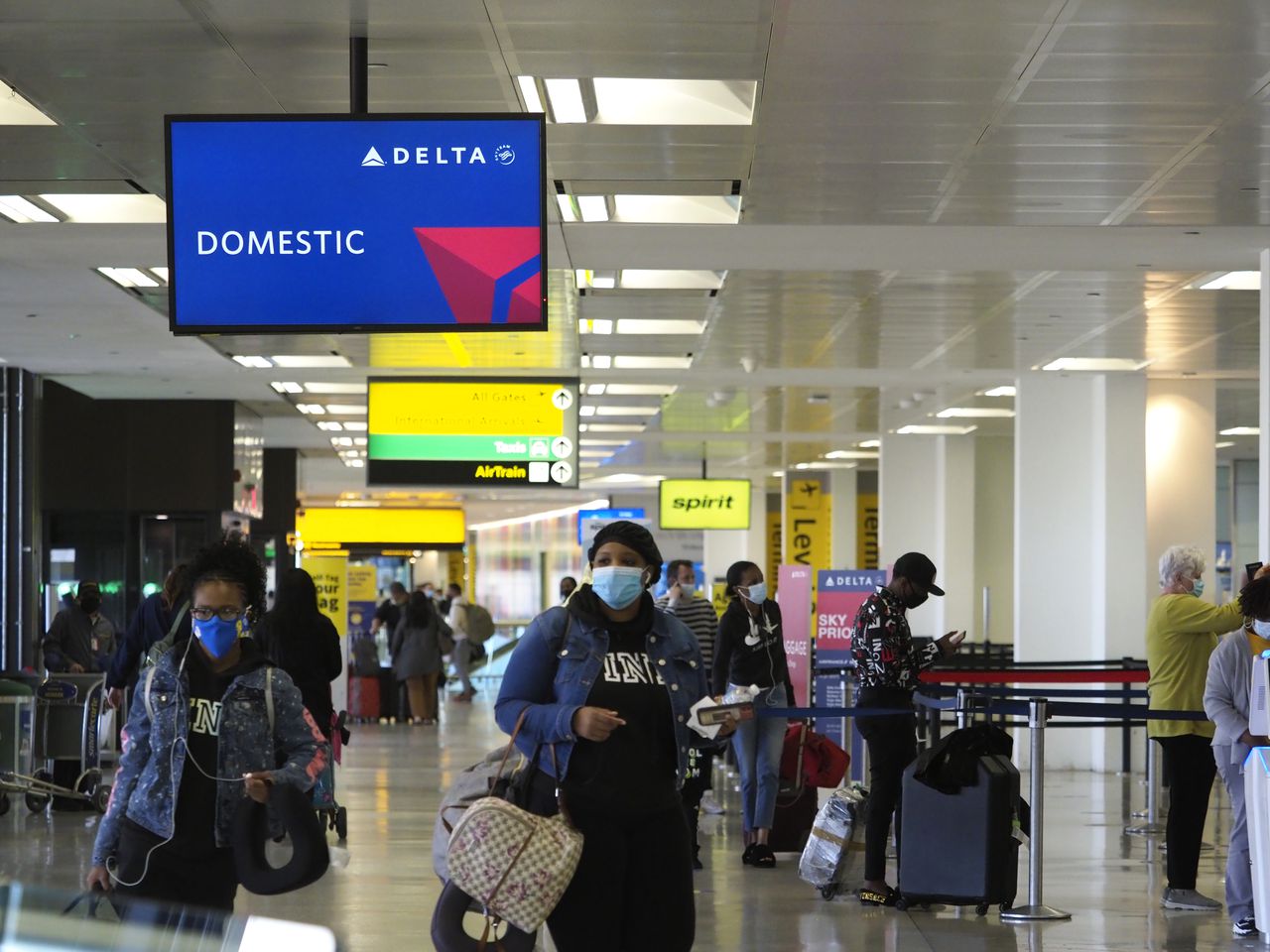
Bali Now Officially Offers 6 Month Digital Nomad Visas
[ad_1]
Share The Article
Last Updated
Bali has become the latest and perhaps most exciting destination around the world to offer travelers the chance to secure digital nomad visas to live and work from the islands. The stunning destination, which is famed the world over for its stunning landscapes, historic temples and laid-back way of living, has long since attracted travelers weary from the office grind to its shores, with views of rice paddies and beach sunsets preferable to commutes and cubicles, and has its eyes set on becoming the digital nomad capital of the world.

Digital nomad visas are becoming increasingly popular around the world, as countries that once tried to prevent travelers from working remotely are beginning to come around to the economic benefits that digital nomads could provide – though they aren’t always universally welcomed. Here’s what we know about Bali’s digital nomad visa so far, the impact it could have and what other changes Bali is making to attract nomads.

Bali Offers Digital Nomad Visa – What Travelers Should Know
Whilst a sizable number of travelers have been working remotely for years, the impact of the pandemic led to many people around the world questioning their working habits, resulting in a significant increase in the number of travelers deciding to work remotely. Fortunately for those travelers, the change was made just in time, as Bali – one of the most popular and arguably most beautiful destinations in Southeast Asia – has officially started to offer a digital nomad visa.

The decision to offer a digital nomad visa is one that has been discussed by the Indonesian government in great depth. Yesterday, after more than a year of prolonged discussions, the country’s Minister of Tourism and Creative Economy, Sandiaga Uno, revealed that travelers wanting to enter Indonesia for a “workcation” could do so under the B211a visa, which is also referred to as the “Socio-Cultural” visa, bringing good news to travelers and ending months of speculation.

The B211a visa has an original validity of 60 or 180 days. However, those who choose to enter with the 60-day option can extend it twice more, each time for a further 60 days, effectively giving travelers six months to enjoy working remotely from Bali. The Indonesian government is still working on plans to offer travelers a digital nomad visa with a longer duration, but the B211a visa is the perfect solution for those looking for a short to medium time working remotely from paradise. There are also plans to make it easier for tourists to obtain NEXT, which are permits for staying longer term.

In order to apply for the B211a visa, travelers must apply online. They must make sure that they have the following:
- A passport valid for at least 12 months for a single-entry visitor visa application with a 180-day stay duration.
- A passport valid for at least six months for a single-entry visitor visa application with a 60-day stay duration.
- A valid travel document for at least 12 months for foreign nationals without nationality.
- Proof of funds of at least US$2000 (two thousand US dollars) or equivalent to support the cost of living of foreign nationals and/or their family in Indonesia.
- A return ticket or connecting ticket to continue their journey to another country, except for crews of means of transport who join the ship/vessel in Indonesia and continue their trip to another country.
- 2 (two) color passport photos of 4 cm x 6 cm.
Travelers must also be fully vaccinated against Covid-19 and must pay the fee, which ranges from Rp1,500,000 ($100USD) to Rp6,000,000 ($400 USD) depending on the type and duration of the visa.

Critics of the idea of welcoming digital nomads into a country warn that it will have a sizable negative impact on the local community. Rental prices are expected to rise, whilst many truly local businesses may suffer as a result. However, Minister Sandiago Uno sees it differently. “I am increasingly convinced that the number of foreign tourists who are interested in staying in Indonesia will increase and will automatically have an impact on economic revival,” the Minister said, adding: “Our goal is not only to regulate and control but to bring in quality tourists who have the potential to invest, open up business and employment opportunities.”

As well as allowing nomads to work under the B211a visa and working on longer-term solutions, the Indonesian government is making several other changes designed at attracting remote workers and foreign investment. There are plans underway to build co-working spaces, meeting rooms, a law firm and more immigration services on Bali, each of which will make it easy for travelers to navigate visa restrictions and work on the island.

Read More:
Famous Maya Beach Closed In Thailand: 5 Beautiful Destinations Travelers Can Visit Instead
Travel Insurance That Covers Covid-19 For 2022
Albania Digital Nomad Conference Brings Top Entrepreneurs To Tirana
This article originally appeared on Travel Off Path. For the latest breaking news that will affect your next trip, please visit: Traveloffpath.com
↓ Join the community ↓
The Travel Off Path Community FB group has all the latest reopening news, conversations, and Q&A’s happening daily!

SUBSCRIBE TO OUR LATEST POSTS
Enter your email address to subscribe to Travel Off Path’s latest breaking travel news, straight to your inbox
Disclaimer: Current travel rules and restrictions can change without notice. The decision to travel is ultimately your responsibility. Contact your consulate and/or local authorities to confirm your nationality’s entry and/or any changes to travel requirements before traveling. Travel Off Path does not endorse traveling against government advisories
[ad_2]
Source link


